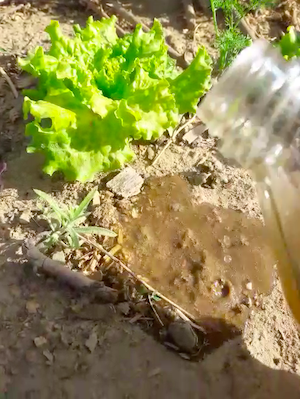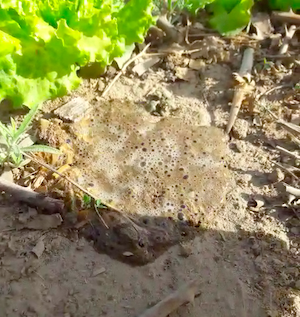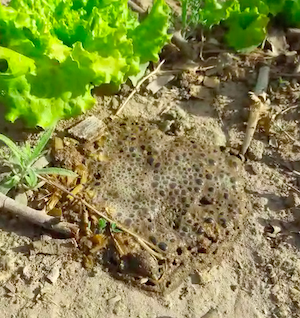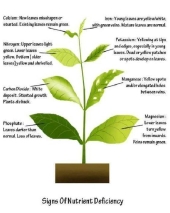

 2
2







Works at a residential alternative high school in the Himalayas SECMOL.org . "Back home" is Cape Cod, E Coast USA.
 2
2




A human being should be able to change a diaper, plan an invasion, butcher a hog, conn a ship, design a building, write a sonnet, balance accounts, build a wall, set a bone, comfort the dying, take orders, give orders, cooperate, act alone, solve equations, analyze a new problem, pitch manure, program a computer, cook a tasty meal, fight efficiently, die gallantly. Specialization is for insects.
-Robert A. Heinlein





 1
1




Works at a residential alternative high school in the Himalayas SECMOL.org . "Back home" is Cape Cod, E Coast USA.
 4
4








Invasive plants are Earth's way of insisting we notice her medicines. Stephen Herrod Buhner
Everyone learns what works by learning what doesn't work. Stephen Herrod Buhner
 2
2




My tree nursery: https://mountaintimefarm.com/




 1
1




A human being should be able to change a diaper, plan an invasion, butcher a hog, conn a ship, design a building, write a sonnet, balance accounts, build a wall, set a bone, comfort the dying, take orders, give orders, cooperate, act alone, solve equations, analyze a new problem, pitch manure, program a computer, cook a tasty meal, fight efficiently, die gallantly. Specialization is for insects.
-Robert A. Heinlein





 3
3




Works at a residential alternative high school in the Himalayas SECMOL.org . "Back home" is Cape Cod, E Coast USA.





 1
1




Abe Coley wrote:One thing you could try is to make a raised bed with a sunken middle that can hold a pool of water, then fill it up and let it drain a few times. The idea is that the water-soluble alkali ions can be rinsed down and out of the bed. If the alkalinity is coming from the soil minerals themselves rather than a buiidup of salts or whatever, then this method probably won't work.
Works at a residential alternative high school in the Himalayas SECMOL.org . "Back home" is Cape Cod, E Coast USA.




"The rule of no realm is mine. But all worthy things that are in peril as the world now stands, these are my care. And for my part, I shall not wholly fail in my task if anything that passes through this night can still grow fairer or bear fruit and flower again in days to come. For I too am a steward. Did you not know?" Gandolf





 1
1




Works at a residential alternative high school in the Himalayas SECMOL.org . "Back home" is Cape Cod, E Coast USA.
 2
2




Trying to achieve self-reliance on a tiny suburban plot: http://gardenofgaladriel.blogspot.com
 1
1




Trying to achieve self-reliance on a tiny suburban plot: http://gardenofgaladriel.blogspot.com









G Freden wrote:I found my old thread:
https://permies.com/t/36969/find-wrong
Works at a residential alternative high school in the Himalayas SECMOL.org . "Back home" is Cape Cod, E Coast USA.





 5
5




Works at a residential alternative high school in the Himalayas SECMOL.org . "Back home" is Cape Cod, E Coast USA.

|
This ad is so tiny, it is contemplating augmentation:
Homestead Pigs Course
https://permies.com/wiki/365748/Homestead-Pigs
|








